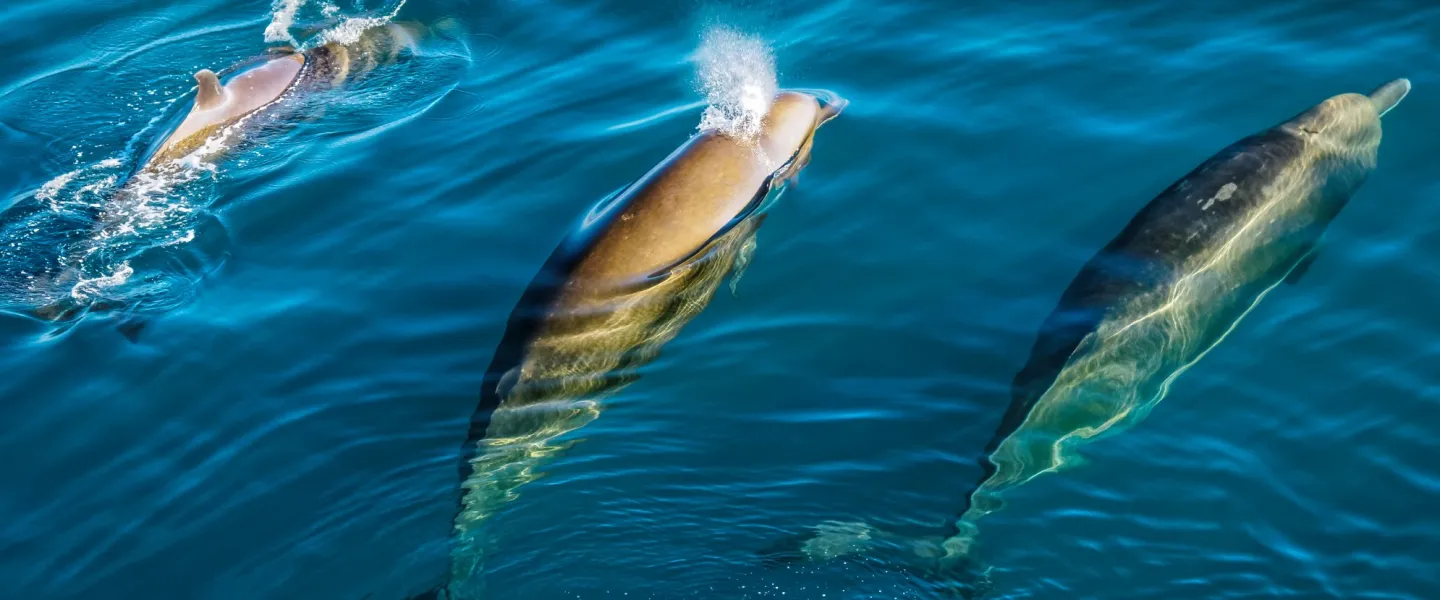
Sonar from naval ships can severely disrupt the behaviour of northern bottlenose whales over distances never previously tested, according to new research from an international team led by the universities of St Andrews and Iceland. The new study, published today (Wednesday 20 March 2019) in Proceedings of the Royal Society B, tested specifically for the effects of received sound level and source-to-whale distance on their behavioural responses, and observed that these beaked whales consistently react at low amplitudes of sonar compared to other cetaceans regardless of their distance to the sound source.
The research was led by Dr Paul Wensveen of the University of Iceland and Professor Patrick Miller of the University of St Andrews and involved a large team of scientists and engineers as part of the 3S (Sea Mammals, Sonar, Safety) international research project.
Using animal-attached sensors and deep-ocean acoustic listening devices, scientists found that military sonar sounds caused the whales to stop feeding, swim away from the source of the noise and go into a deep dive.
Beaked whales, which include the northern bottlenose whale, are the second largest family of cetaceans in terms of numbers of species. Research on these elusive animals has increased due to their overrepresentation in unusual mass strandings during naval sonar exercises, but their extreme diving behaviour and preference for offshore waters means that they remain poorly understood.



